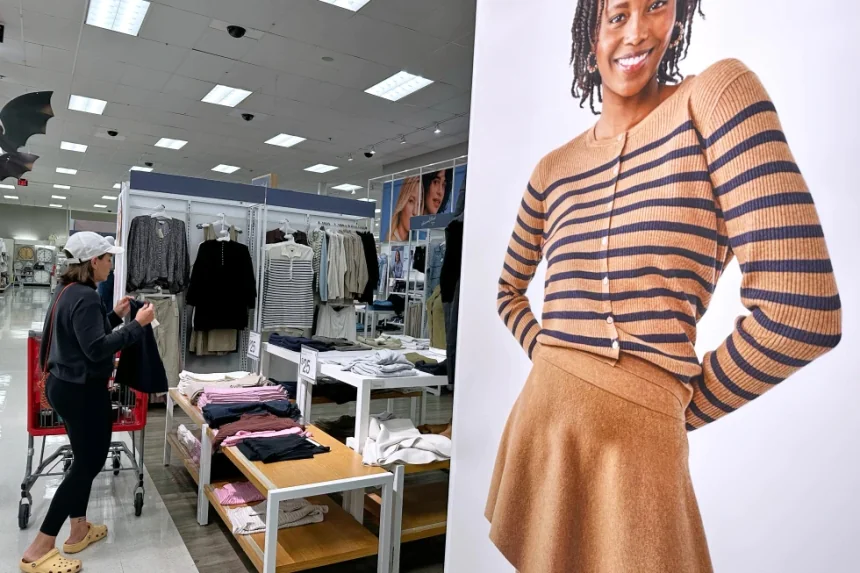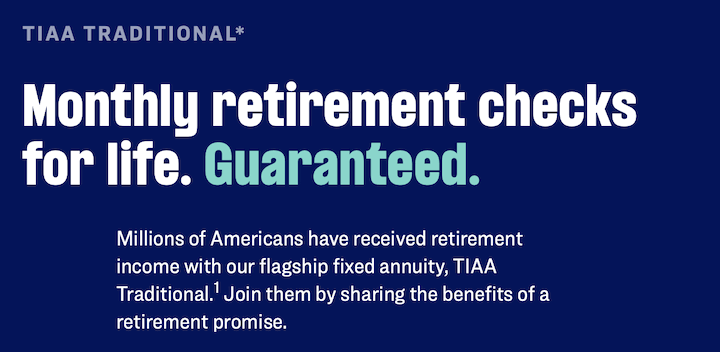Visa and Mastercard Announce New Settlement Over Swipe Fees with Merchants
NEW YORK, Nov 10 (Reuters) — Visa and Mastercard have reached a revised settlement with merchants who claimed the card networks charged excessive fees for credit card transactions. A previous $30 billion agreement was rejected by a judge for being insufficient.

NEW YORK, Nov 10 (Reuters) - Visa (V.N, opens new tab and Mastercard (MA.N, opens new tab announced a revised settlement with merchants who accused the card networks of charging too much to accept their credit cards, after a judge rejected an earlier $30 billion accord as inadequate.
Monday's settlement would end 20 years of litigation in which businesses accused Visa, Mastercard and banks of conspiring to violate U.S. antitrust laws, including through the card networks' collection of "swipe fees."
But the accord is drawing opposition from merchant groups that say it doesn't address concerns that U.S. District Judge Margo Brodie in Brooklyn, New York, whose approval is required, raised in rejecting the earlier settlement in June 2024.
These groups including the National Retail Federation, the largest U.S. retail trade group, and the Merchants Payments Coalition say businesses would still pay too much, including to accept the popular rewards cards that dominate the card market.
"You can't just suddenly tell more than 80% of your card customers you're not going to take their cards," Stephanie Martz, the NRF's general counsel, said in an interview. "You would lose a lot of business."
Also known as interchange fees, swipe fees totaled $111.2 billio, opens new tab in the United States in 2024, up from $100.8 billio, opens new tab in 2023 and quadruple the level in 2009, the NRF said.
FEES TO BE REDUCED OR CAPPED
The settlement calls for Visa and Mastercard to lower swipe fees, which are now typically 2% to 2.5%, by 0.1 percentage point for five years.
Merchants would be able to choose whether to accept U.S. cards in specific categories including commercial cards, premium consumer cards including many rewards cards, and standard consumer cards.
Standard consumer rates would be capped for eight years at 1.25%, a more than 25% reduction. Merchants would also get more options to impose surcharges when people pay by card.
The estimated settlement value is unclear, but would likely be larger than $30 billion. Lawyers for merchants supporting the accord did not immediately respond to requests for comment.
Visa, based in San Francisco, said the settlement provides merchants of all sizes with meaningful relief, more flexibility and options to control how customers pay them.
Mastercard, based in Purchase, New York, said smaller merchants in particular would benefit from more flexibility, lower costs and simpler rules.
Neither company admitted wrongdoing in agreeing to settle. Their shares rose less than 1% in late morning trading.
JUDGE CALLED EARLIER PROPOSED PAYOUT 'PALTRY'
The $30 billion settlement would have lowered swipe fees by about 0.07 percentage points over five years, and also given merchants more room to impose surcharges.
But in rejecting that accord, Brodie said fees would remain above where they would be absent the antitrust violations, and the $6 billion of annual savings for merchants was "paltry" relative to how much Visa and Mastercard could still charge.
She also faulted the accord for sticking merchants with the "Honor All Cards" rule requiring that they accept all Visa and Mastercard cards, or none.
Merchants have also long accused Visa and Mastercard of enforcing "anti-steering" rules that prevent businesses from directing customers toward cheaper means of payment.
BANKING PAYMENTS GROUP SUPPORTS SETTLEMENT
The Electronic Payments Coalition, whose members include the card networks and large issuers such as Bank of America (BAC.N, opens new tab, Capital One (COF.N, opens new tab, Chase (JPM.N, opens new tab and Citibank (C.N, opens new tab supports the settlement.
Executive Chairman Richard Hunt said the accord would reduce swipe fees below those contemplated in a Senate bill sponsored by Democrat Richard Durbin of Illinois and Republican Roger Marshall of Kansas, which much of the banking industry opposes.
"You tell me the last time Walmart reduced any of its prices by more than 25%, and kept it for eight years," Hunt said in an interview.
Doug Kantor, general counsel of the National Association of Convenience Stores, countered that the settlement doesn't give banks an incentive to lower rates they charge, but lets Visa and Mastercard "without any limitation" raise their own.
"Merchants ought to be able to negotiate and get prices set with different banks, but this settlement prohibits that," Kantor, also a member of the Merchants Payments Coalition's executive committee, said in an interview.
Reporting by Jonathan Stempel in New York; Additional reporting by Manya Saini in Bengaluru; Editing by Hugh Lawson and Lisa Shumaker
Share
What was your reaction?
 Like
0
Like
0
 Dislike
0
Dislike
0
 Love
0
Love
0
 Funny
0
Funny
0
 Angry
0
Angry
0
 Sad
0
Sad
0
 Wow
0
Wow
0













